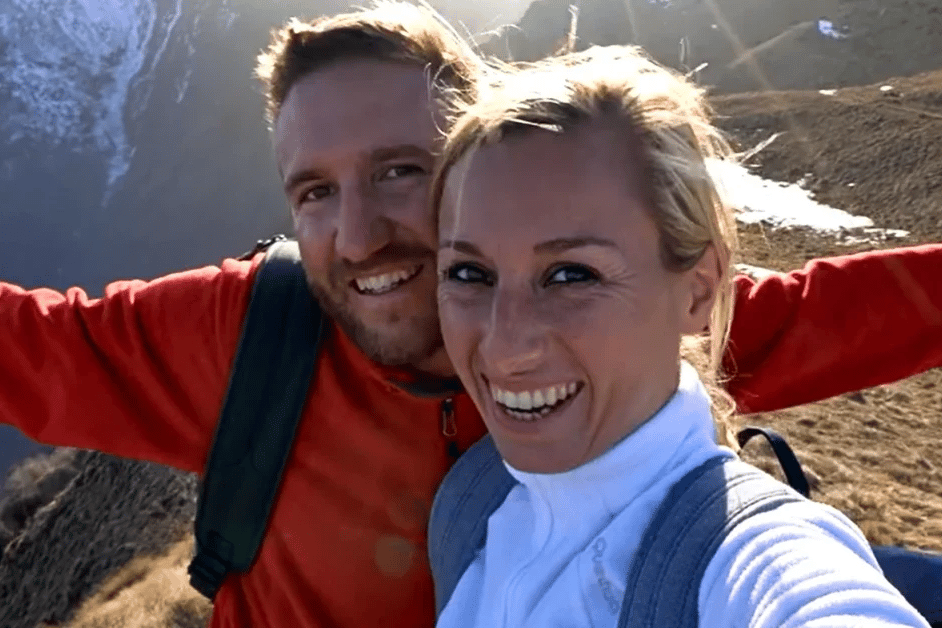
Let's talk about narcissism. Like, actually. The word gets thrown around a lot these days, often during moments of heartbreak, betrayal, or when someone's behaviour just feels… off.
I get it. I've been there, too.
After one particularly painful situation with a friend, I was convinced they were a narcissist. I was confused because I never thought I'd be treated like that by someone I trusted.
Part of me wondered if I was exaggerating the situation — if maybe I'd made it bigger than it was. I'd never looked into the term narcissism before, but suddenly I found myself spiralling, searching for answers, trying to make sense of the emotional mess I was left sitting in.
Like many people, I binged videos. I read articles. I clung to the idea that there had to be a label for what I'd experienced — some way to validate the confusion, the hurt, the subtle erosion of my self-trust.
But here's the thing: while narcissism is real and incredibly painful to be on the receiving end of, we've started using the term in ways that miss the full picture. In some cases, it oversimplifies what it actually means to be in a situation shaped by a narcissistic personality disorder.
Listen: But Are you Happy: The 7 Signs You're Living With A Narcissist (That Everyone Misses)
What actually is narcissism?
Clinical psychologist, Dr. Anastasia, explains in Episode 7 of But Are You Happy, narcissism isn't something you're born with.
Neither is it just about someone being selfish or full of themselves.




























































































